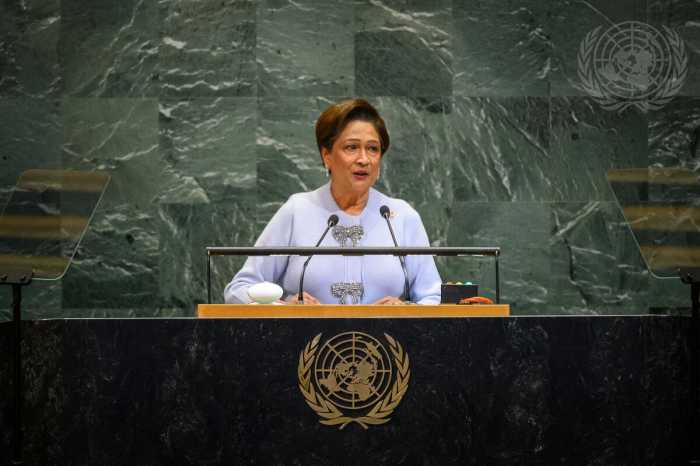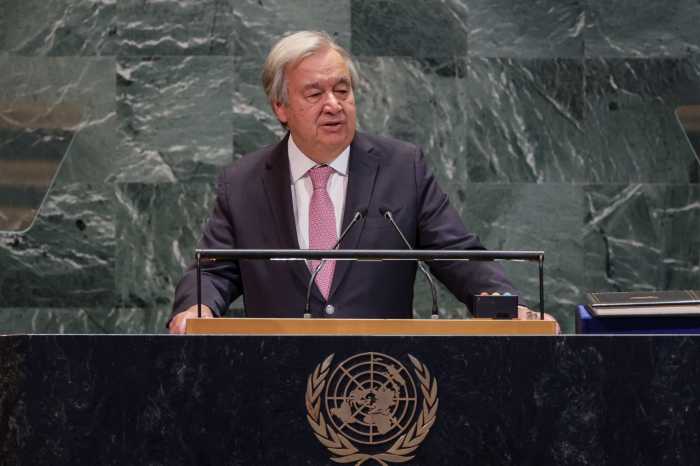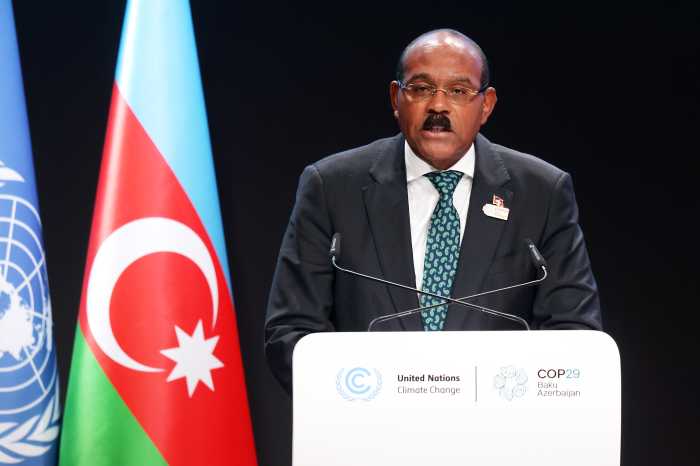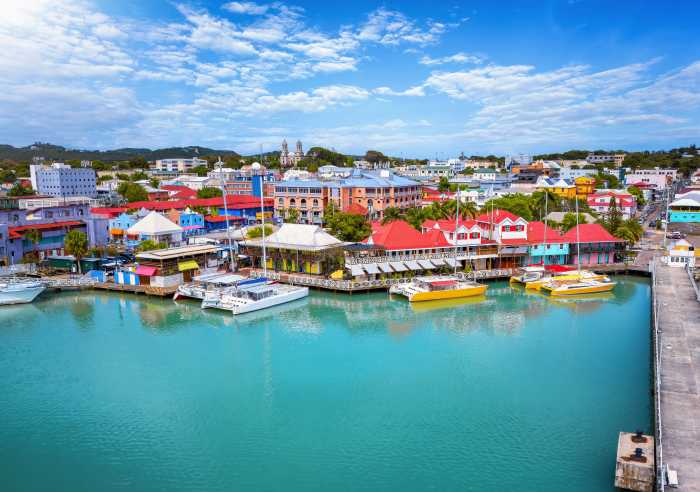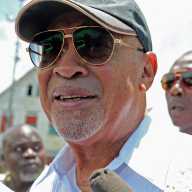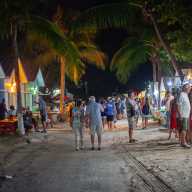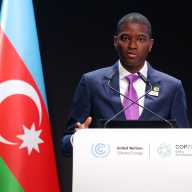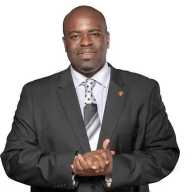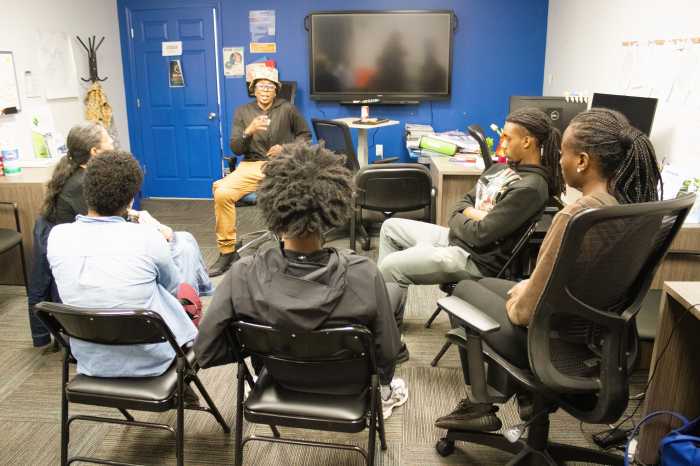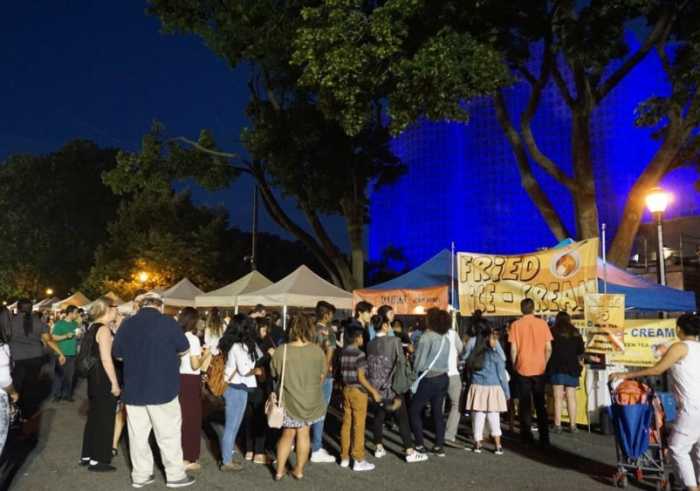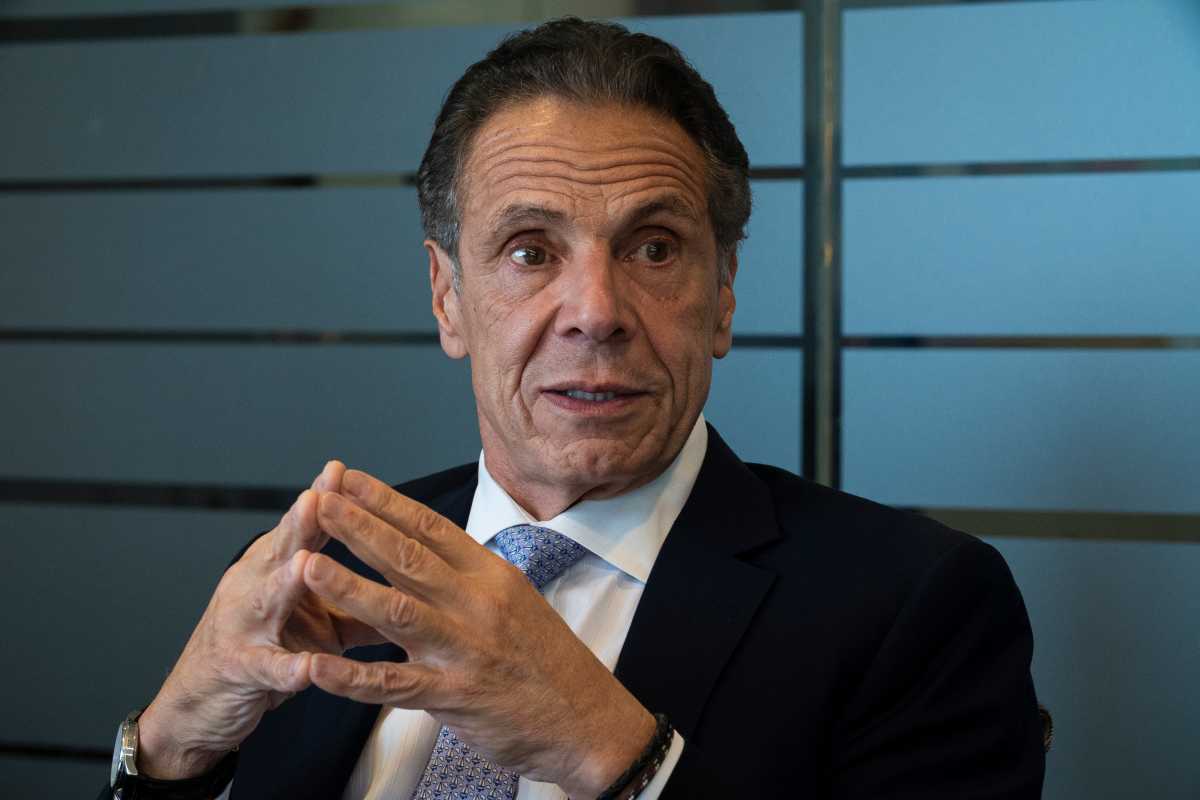Leaders of the eight-nation Bolivarian Alliance for the Peoples of Our America (ALBA) on Feb. 5 approved a new economic integration system, called ECOALBA, admitted Haiti to the bloc and heard membership requests from two more Caribbean Community (CARICOM) states.
The grouping, whose formation was inspired by Venezuelan leader Hugo Chavez, concurred on ECOALBA the day before, despite concerns by St. Vincent and the Grenadines’ Prime Minister Dr. Ralph Gonsalves, one of ALBA’s three CARICOM leaders.
Suriname and St Lucia, whose leaders are attending the summit, have also asked to join the grouping. Haiti was admitted Sunday as ALBA’s ninth member and the fourth CARICOM member state to join the bloc.
Gonsalves described the plan for creating a “single economic space” as a “possible way forward”, through “a dangerous phase” of the world economy.
He urged the grouping, however, to work out legal and administrative details before proceeding with ECOALBA.
ECOALBA, which is being promoted as an alternative to trade and economic links dominated by the United States, emphasizes bartering and payments among ALBA members through a virtual currency, the Sucre.
“What we are proposing here is a possible way forward – not the only way forward, but, at least, a possible way forward,” Gonsalves told the summit in Caracas, the Venezuelan capital, attended by his two CARICOM counterparts in ALBA, Dominica’s Roosevelt Skerrit and Baldwin Spencer of Antigua and Barbuda, along with five Latin American nations.
But Gonsalves said ECOALBA required a “significant juridical framework” taking into account other regional economic and monetary arrangements, including the newly-formed Organization of Eastern Caribbean States (OECS) economic union and the CARICOM Single Market and Economy (CSME).
St Vincent and the Grenadines, Antigua and Barbuda, and Dominica – recipients of Venezuelan aid and members of the Petrocaribe oil trade agreement with Caracas – are ALBA members.
The three CARICOM member states are dwarfed by five Latin American member nations – Venezuela, Cuba, Bolivia, Ecuador and Nicaragua – with a combined population of 71 million people and Gross Domestic Product of US$588 billion.
Gonsalves said he welcomed ALBA’s “excellent provisions” for “special and differential treatment,” noting that “the world economy has entered a dangerous phase,” referring to the International Monetary Fund (IMF) in its world economic outlook.
“My observation (is that) the IMF program is nothing more than a continued life-support system with no capacity to take the patient off life support,” he said.
Chavez has been pushing the ALBA system as a center-piece of Venezuelan foreign policy and regional integration that relies heavily on a form of pan-American cooperation that posed an alternative to an international economic and political system dominated by the US.
Skerrit said ALBA was “transparent” and “ a practical problem-solver.”
“In ALBA, we talk about practical means for solving our problems,” the Dominican leader said.
“It is not an institution that conspires against anyone, there are no secrets, no hidden agendas; everything is done publicly in front out of our people; we are the most transparent organization in humanity that exists today,” he added.
“No one has a veto power that makes one feel less than the other,” Skerrit continued. “We respect our points of view, our history (and) the size of our nations.”
He said ALBA is “a vision unlike that of such institutions, as the United Nations or the Organization of American States, where the matters on the table have nothing to do with the fundamental problems affecting our people.
“In ALBA, we take on board practical themes, and we search for practical solutions to these problems. It is for that reason that we do not want to promote a mass of documents, the practical themes are addressed with few paper,” the Dominica prime minister said.


